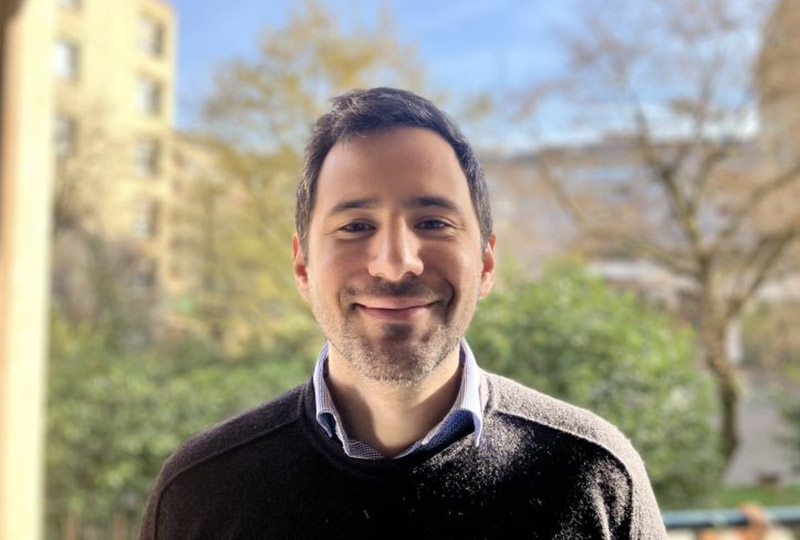22 May 2025
Daniel Fyfe, Human Rights Officer at OHCHR, tells about his experience taking our Executive Master of Advanced Studies.
Could you tell us about your background and your current role?
I am a Peruvian, Swiss and British national. I hold a BSc in Political Science from the University of Geneva and MSc in Human Rights from LSE and have worked consecutively during the past nine years in the area of human rights in different roles. I worked on the right to food during five years with FIAN International in Geneva before joining OHCHR in Arauca, Colombia where I was responsible for monitoring and documenting alleged cases of extrajudicial killings, arbitrary detentions and other alleged violations by the State armed forces in a context of armed conflict.
I have later taken up different roles with OHCHR, including with the individual complaints procedure under Treaty Bodies, the Subcommittee for the Prevention of Torture and the Special Rapporteur on the rights to water and sanitation. I have also previously worked with the UN Verification Mission in Colombia in Cúcuta supporting recent efforts for a ceasefire between the Ejército de Liberación Nacional and the Colombian State. I currently work for OHCHR’s thematic section on Economic, Social and Cultural Rights, focusing on the right to health.
What motivated you to join this programme?
As a human rights practitioner, I feel that it’s important to pursue further trainings or courses, whenever possible, to stay up to date with the state of the art, and be intellectually stimulated. I felt that I lacked in-depth legal understanding of the full body of international law applicable in armed conflict, in particular in light of contemporary challenges, as well as interplay of international humanitarian law and human rights law. The Geneva Academy, as a renowned institution in this field of study, and the flexible format of the programme particularly attracted me. I was also motivated by the opportunity to produce a master’s paper and delve into a subject of interest to me.
How was your experience with the professors?
The virtual format of the course limited the interaction with the professors. However, the professors are one of the highlights of the programme. It was great to be taught by and have insights from such eminent experts in this field.
How did you balance the programme with your professional life?
The virtual format, in the end, enabled me to balance the programme with my work commitments. The possibility to access the course recordings and material whenever was very useful. The lunchtime schedule of the course suited very well with my work hours.The programme remains nevertheless demanding and does require organization and commitment, which is simultaneously motivating.
How has it contributed to your career?
I think this programme will enable me to build a bridge between my experiences as a human rights practitioner and the field of international humanitarian law.




